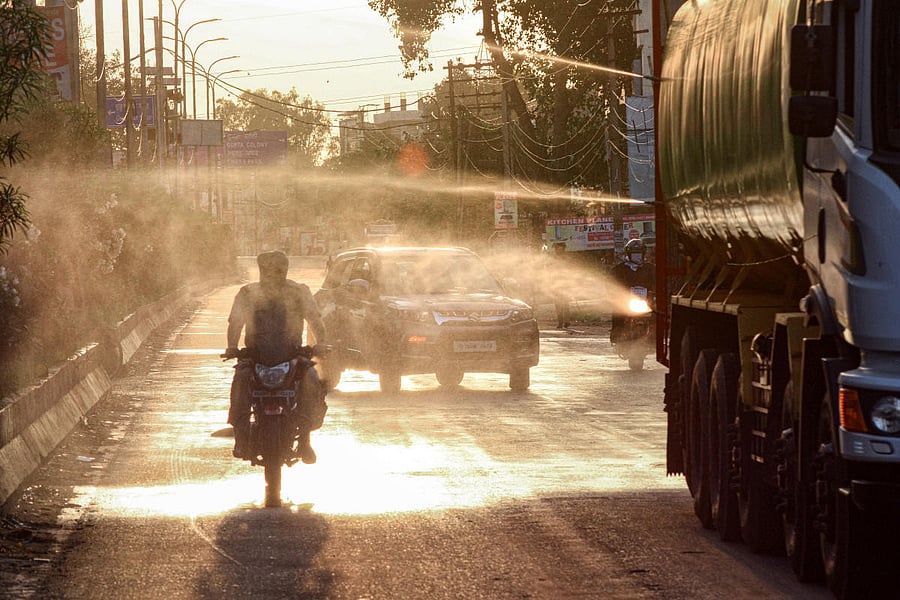
India’s current lockdown that ends on Tuesday midnight may have slowed down the spread of COVID-19 pandemic “significantly” and bought time for the administration to prepare more beds and ready other facilities to fight the virus in the coming weeks, suggests a new study.
The conclusion is based on a report by researchers from the Centre for Disease, Dynamic, Economic and Policy, Washington; Johns Hopkins University and Princeton University who modelled the impact of the 21-day lockdown before, during and after the drastic step that brought the country to a standstill.
The study found that India’s current lockdown will significantly slow the spread of COVID-19 hospitalisations and moderate infections compared to lack of interventions.
The temporary lockdown will buy time for health systems to prepare for the peak of the outbreak by building temporary healthcare facilities and obtaining additional personnel, hospital beds, and equipment.
While at the peak of the outbreak is pushed into future – somewhere in June-July -the time gained is vital to build up healthcare infrastructure quickly to prepare for an increase in hospitalized cases.
In addition to providing shelter and care for the sick, such an investment may provide a livelihood for workers and reduce the negative impacts of restrictions.
The long-term interventions including 25% and 50% quarantine of symptomatic cases would further delay and reduce the peak of infections and hospitalizations in India.
The analysis suggests that immediate physical distancing will reduce the burden of Covid-19 on the healthcare system and reduce the risk of mortality among high-risk patients.
While the potential impact of an individual policy is unknown, it is clear that a longer-term policy of reducing social contacts can have a large effect.
The model demonstrates that a reduction in the transmission rate - achieved through lockdown - may have a substantial impact on the spread of COVID-19.

